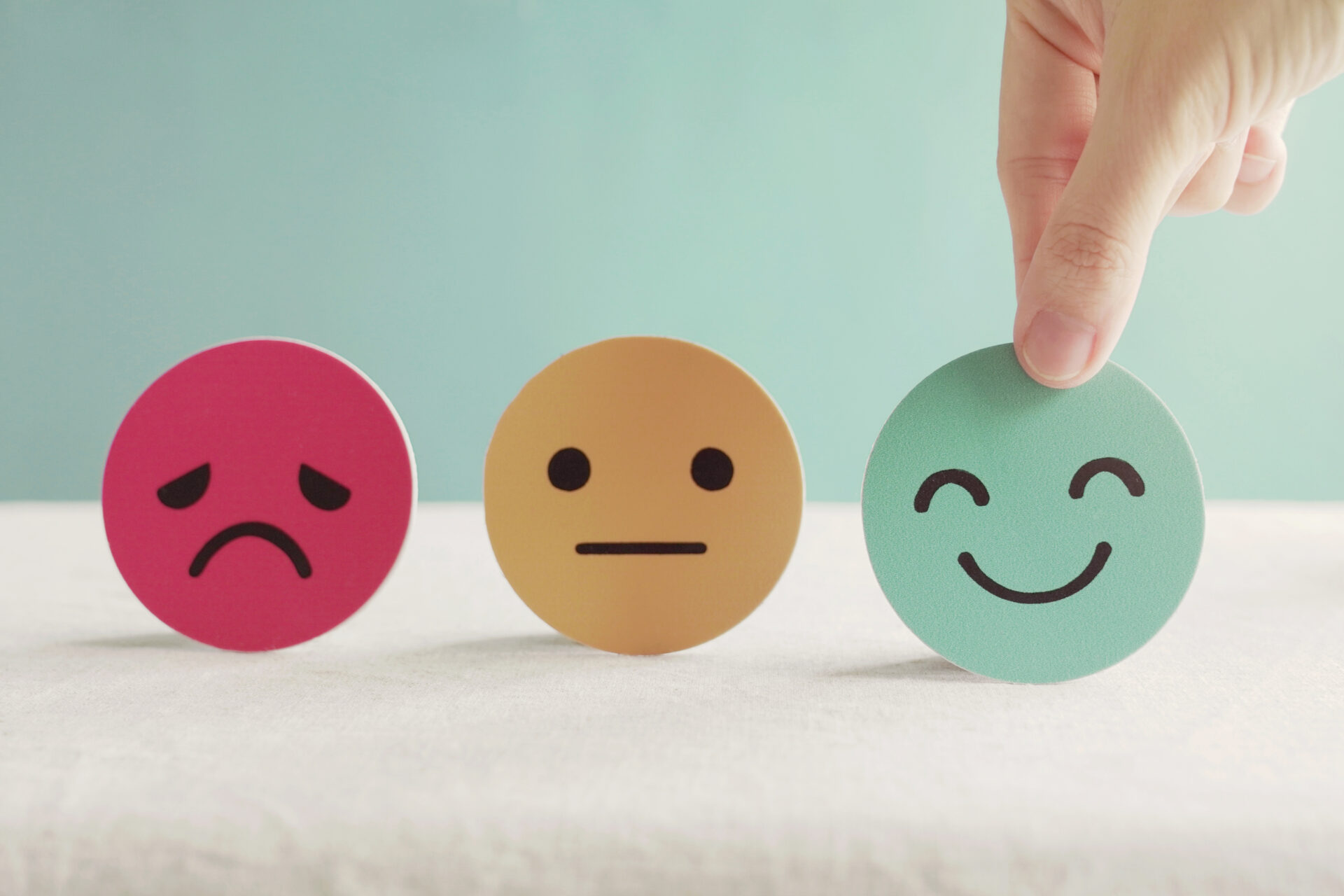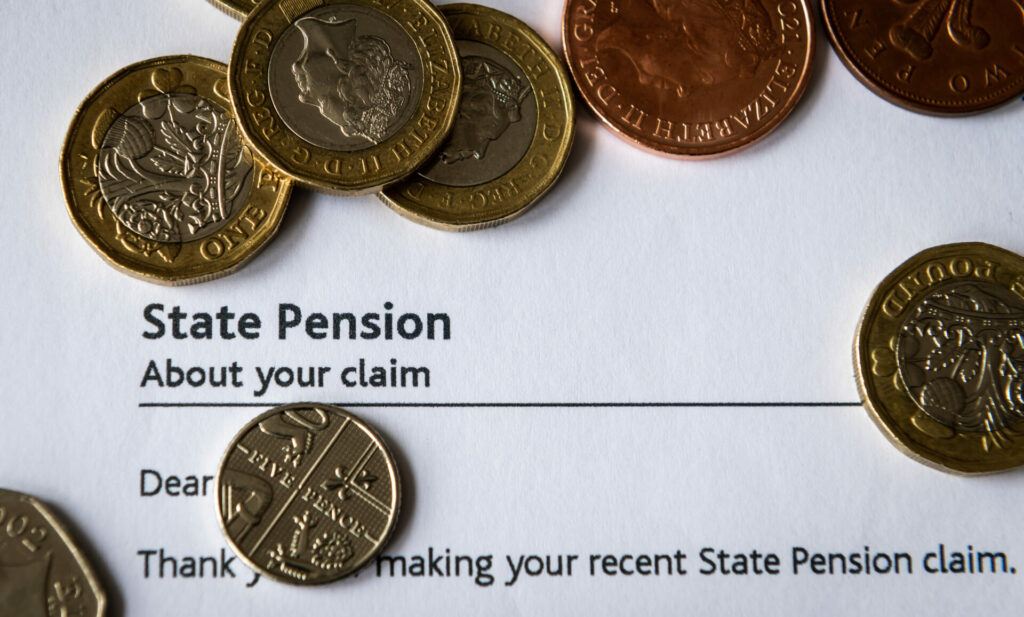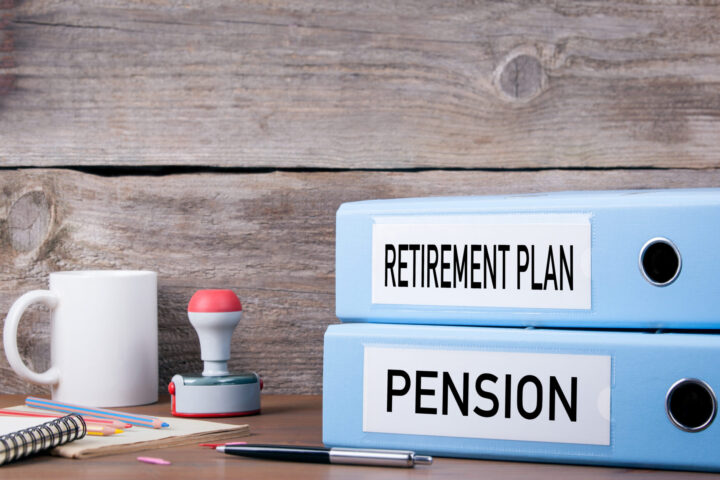A new survey from Europcar Mobility Group UK has revealed regional differences in how people across the country perceive and use their time.
The research found that 57% of respondents in cities in the South said they run out of time most or every day, compared with 50% in the North. Just 16% of Southerners felt they had enough time in the day, compared with 22% of Northerners.
The study also highlighted differences in spending habits. Nearly a third of people in the South said they would be willing to pay extra for services or products that save time, compared with a quarter in the North. Southerners also reported using delivery services on 42 days per year to help manage their time, compared with 37 days for Northerners.
How free time is spent also differs slightly. In the North, 17% of people said they would use spare time to catch up on work or household chores, while 16% of Southerners preferred spending more time with family or friends. On average, respondents across the UK said an extra two hours in the day would help them complete everything they needed to do, with many relying on time-saving techniques such as batch cooking.
Sarah Clarke, senior consumer marketing manager for Europcar Mobility Group UK & Ireland, said: “Getting the milk, food shopping and medications delivered to the front door is a fantastic time-saver for busy lives. And it’s not just the everyday essentials where delivery can help save time. A significant amount of time can be saved by anyone renting a car by having the vehicle delivered and collected instead of having to get themselves to and from the rental location.”
















